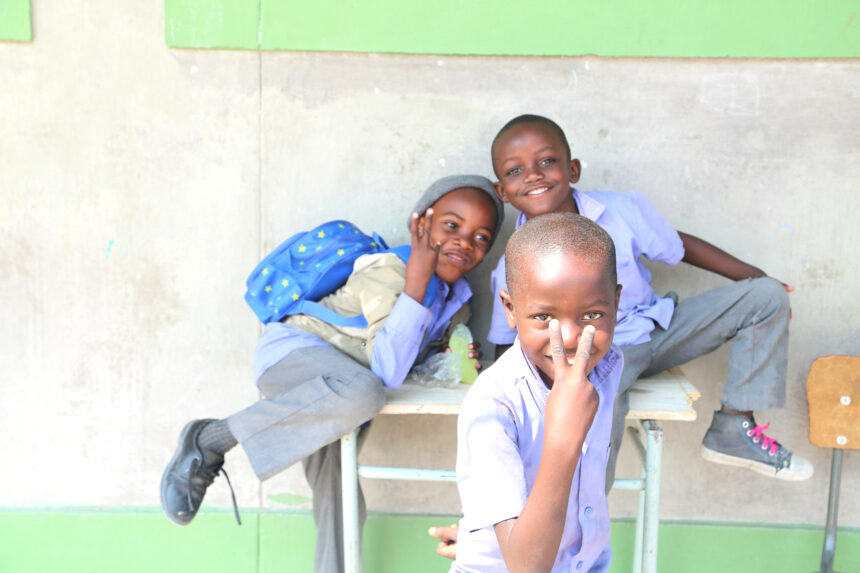Omaheke region’s acting director of education Eliakim Kavari said for increased access to inclusive, lifelong, quality and relevant learning in Namibia, the basic education curriculum is reviewed regularly.
He said this is to cater for new developments brought about by new discoveries and the resulting demand for new knowledge and skills.
He made the remarks at the commemorations of the Day of the Namibian Child under the theme ‘An African Child fit for the 21st Century: Building Resilient Education Systems for Increased Access To Inclusive, Lifelong, Quality And Relevant Learning in Africa’.
He echoed that the educators and stakeholders ensure the youth is well prepared and imparted with knowledge that will grow the economy of the country for the common good of the Namibian citizen.
At the celebrations, Xolisa Zanele Hamieb of the Children’s Parliament said on 28 September 1990, Namibia ratified the United Nations Convention on the Right of Children.
Thereafter, Cabinet declared the 28 September a national day in 2000.
The country representative of Unicef, Toshiko Takahashi, recapped the crucial role education plays in shaping the nation, emphasising that it is a foundation of opportunity, equality and progress as it breaks the cycle of poverty, supports community well-being and drives sustainable development.
“Namibia’s population is made up of about 1.2 million children, aged between 0 to 17 years, which makes 37% of the country’s population. Namibia has made great strides, with gross enrolment rates exceeding 110% and net enrolments above 95% in primary and secondary education”.
However, there are concerning challenges that are persisting and affecting the Namibian child, such as high cases of repetition and high school dropout rates, especially among the disadvantaged groups, said Takahashi.
She reported that in 2023, over 2 000 learners dropped out due to pregnancy, and more than 8 000 left school for unknown reasons.
The numbers are testimonies and constant reminders that there is still more work to be done both in Namibia and across Africa.
Unicef encouraged a creation of nurturing environments for the learners, which involves an active engagement of parents, communities and young people in the education process.
She emphasised that the children should feel empowered to take ownership of their education by setting personal goals, seeking out resources and continuously adapting to new challenges.
The Minister of Gender Equality, Poverty Eradication and Child Welfare, Doreen Sioka, said the commemoration of the day is an important reminder of our commitment to the future of our children.
She noted that the theme underscores the vital role of education in empowering our youth to thrive in an increasingly complex world.
It highlights the urgent need to transform our education systems, making them more resilient, inclusive and responsive to modern demands.
The minister praised the efforts, such as one on one discussions with teachers, saying setting academic targets and creating personal development plans are vital interventions aimed at improving academic outcomes.
She urged that the strategies be scaled across all schools to ensure every learner receives the support they need to succeed.
Sioka also urged the learners to take their education seriously, echoing that they each have the responsibility to study, succeed and grow into responsible citizens.
She cautioned the learners against the use of alcohol and other harmful substances, urging them to refrain from sexual activities to avoid teenage pregnancies, school dropout, sexually transmitted infections – and consequently, unemployment and poverty.
Further, the minister said it is high time the nation joins hands and attends to the needs of the boy child, and push them to the fore just as the nation did with the girl child in the past.
Erwin Katjizeu, the regional councillor of the Otjinene constituency, called for not only the upliftment of the community and championing the welfare of the Namibian child but to empower and nurture the children to ensure they grow in an environment that ensures they reach their full potential.



